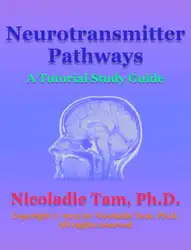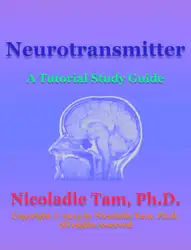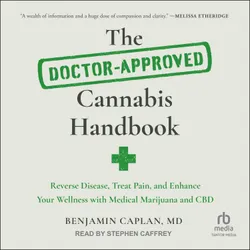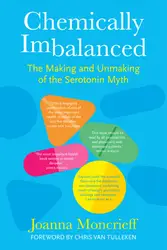Each year, teachers, administrators, and parents face a barrage of new education software, games, workbooks, and professional development programs purporting to be based on the latest research. While some of these products are indeed based on solid science, the truth is that the research underlying many others is grossly exaggerated. How can everyday teachers, administrators, and family memberswho dont have years of statistics courses under their beltsseparate the wheat from the chaff and determine which new piece of research is worth adopting? When Can You Trust the Experts? solves this knowledge gap for educators and parents by stressing clear, easy principles that differentiate reliable research from junk science. ** CONTENTS ** Introduction: What Are You To Believe? PART ONE: WHY WE SO EASILY BELIEVE BAD SCIENCE 1 Why Smart People Believe Dumb Things 2 Science and Belief: A Nervous Romance 3 What Scientists Call Good Science 4
When Can You Trust the Experts?
Kom igång med den här boken idag för 0 kr
- Få full tillgång till alla böcker i appen under provperioden
- Ingen bindningstid, avsluta när du vill
Författare:
Uppläsare:
Språk:
Engelska
Format:

The Occupied City : How Israel Shapes Palestinian Life
Davis Truman
audiobook
The Occult World
Alfred Percy Sinnett
book
The Anatomy of Melancholy
Robert Burton
audiobookbook
Neurotransmitter Pathways: A Tutorial Study Guide
Nicoladie Tam
book
Vitamin B1 : A Beginner's Quick Start Guide on its Use Cases for Parkinson's, with an Potential 3-Step Plan and Sample Recipes
Mary Golanna
book
Neuron: A Tutorial Study Guide
Nicoladie Tam
book
Neurotransmitter: A Tutorial Study Guide
Nicoladie Tam
book
Voices From The Ashes : The Buried Testimonies of Auschwitz's Sonderkommando
Davis Truman
audiobook
An Autobiography of Trauma : A Healing Journey
Peter A. Levine
audiobook
The Doctor-Approved Cannabis Handbook
Benjamin Caplan
audiobook
Chemically Imbalanced : The Making and Unmaking of the Serotonin Myth
Joanna Moncrieff
book
Stranger in My Own Land : Palestine, Israel and One Family's Story of Home
Fida Jiryis
audiobook



